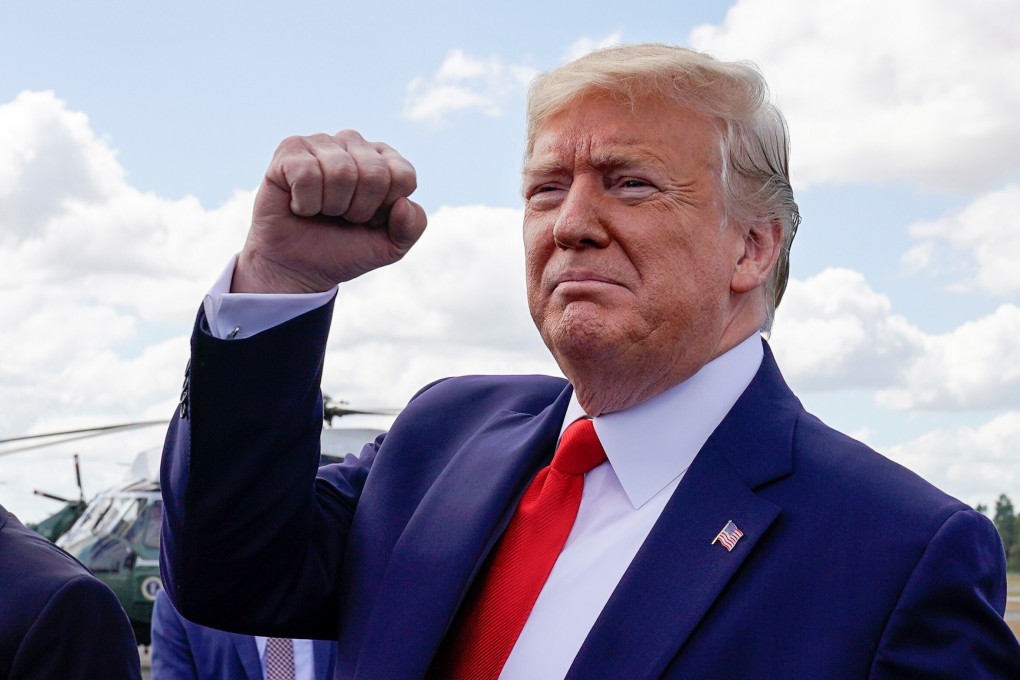Advertisement
Trump’s defeat leaves Biden and the Democrats to clean up America’s mess
- For many Republicans, it is better to be out of power and claiming credit for keeping liberal Democrats in check, than taking the blame for the economic and social harm inflicted by Trump
4-MIN READ4-MIN

This may seem improbable after a roller-coaster election that has seen Americans unseat Donald Trump and appoint an elderly but unobjectionable Democrat as the 46th president of the United States, but the events of the past week may just have produced the best possible outcome for the Republican Party.
Why so? First, Biden and the Democrats have received the feeblest of mandates. Hopes of a sweeping “blue wave” repudiation of Trump have been crushed. Dreams of a strong liberalising agenda have been rudely interrupted, much to the relief of most of the country’s conservatives.
The resilience of support for a conservative agenda, in spite of egregious abuse by Trump, and his administration’s disastrous management of the Covid-19 pandemic that is still killing 1,000 Americans a day, will be a source of comfort and relief. Whether and how they move on from Trump will be critical as attention turns to elections in 2024.
Advertisement
It is clear that despite Trump’s defeat, the Republican Party did rather well: it has a good shot at retaining control of the Senate, and added seats in the House of Representatives. A Senate majority will mean the new Biden administration will need to go cap in hand for Republican approval with every policy proposal.

Even before this humbling process begins, Biden is going to need Republican endorsement of everyone he puts forward to join his new government. The firebrands expected to join Biden’s cabinet will be left on the margins, along with the radical Democratic agenda they espouse.
Advertisement
Advertisement
Select Voice
Select Speed
1.00x
